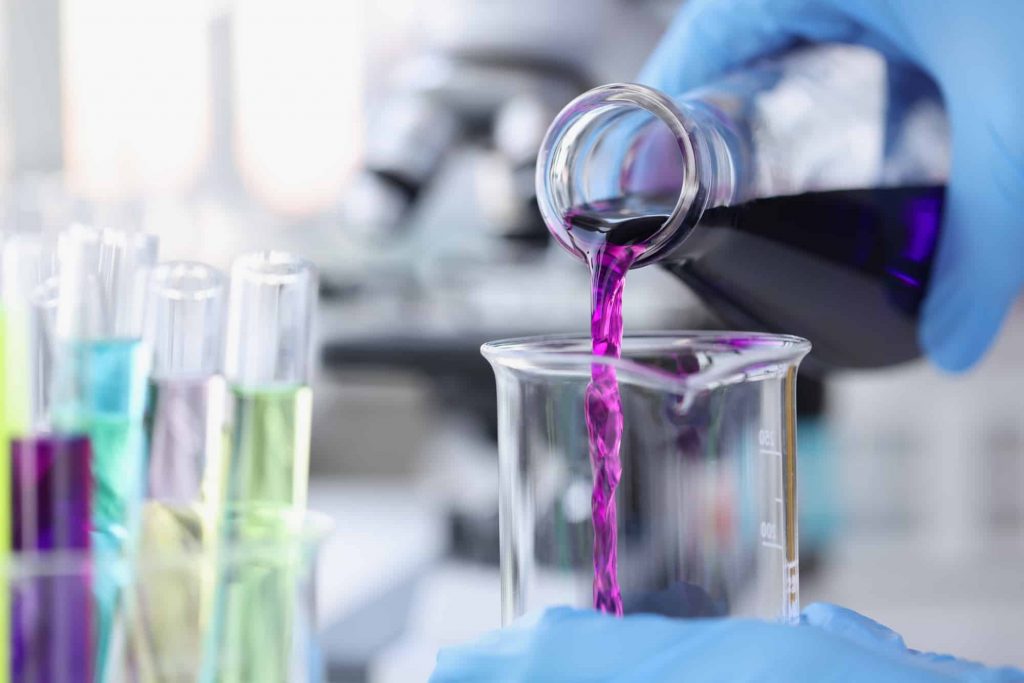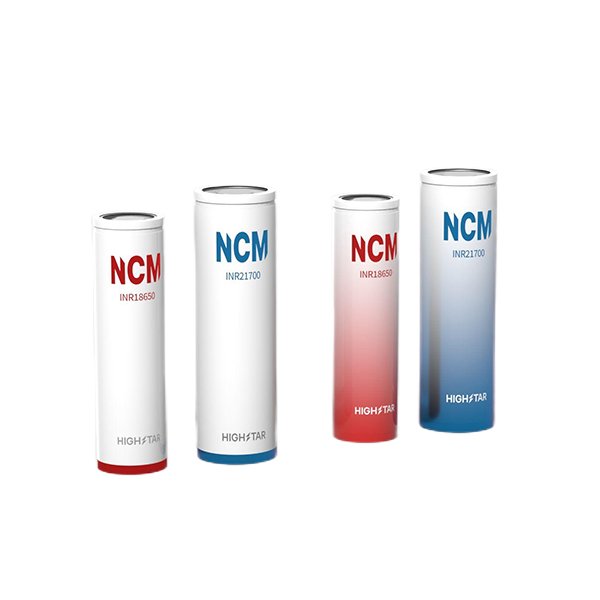Do Plants Give Off Toxins? The Truth Behind Plant Chemicals

Plants are often associated with health and wellness, but do they also give off toxins? The answer is yes, but it's not as simple as it seems. In fact, plants produce a wide range of chemicals, some of which can be toxic to humans and animals, while others have medicinal properties.
One of the most well-known plant toxins is poison ivy. The leaves and stems of this plant contain a chemical called urushiol, which can cause a painful rash when it comes into contact with the skin. Other plants, such as the deadly nightshade, produce toxins that can be fatal if ingested.
However, not all plant chemicals are harmful. In fact, many plants produce compounds that have been used for centuries in traditional medicine. For example, the bark of the willow tree contains salicylic acid, which is the active ingredient in aspirin. The leaves of the ginkgo tree contain flavonoids and terpenoids, which have been shown to improve cognitive function and memory.
So why do plants produce toxins? One theory is that these chemicals help to protect the plant from predators and disease. For example, some plants produce bitter-tasting compounds that deter animals from eating them. Others produce chemicals that kill or repel insects.
Interestingly, some plants also produce toxins that can be beneficial to humans. For example, the compound taxol, which is found in the bark of the Pacific yew tree, is used to treat certain types of cancer.
In conclusion, while it's true that plants can give off toxins, it's important to understand that not all plant chemicals are harmful. In fact, many plants produce compounds that have medicinal properties and can be beneficial to human health. As with any natural substance, it's important to use caution and consult with a healthcare professional before using plant-based remedies.




